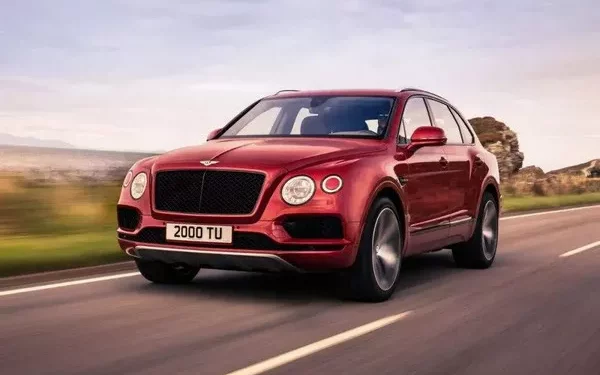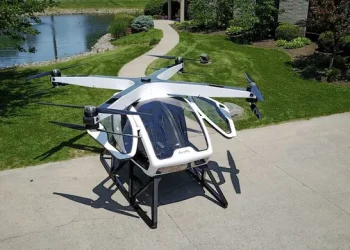New energy vehicles have become a hot product in the domestic auto market, with sales rising sharply year by year and an unlimited prospect.
And careful analysis found that in addition to these super first-tier cities in Beijing, Shanghai and Guangzhou, because of the purchase restriction policy can only choose new energy vehicles, other second and third-tier cities, also not many people in the choice of pure electric vehicles.
At the same time, the new energy car industry of our country in the situation of policy encouragement, rapid expansion, almost the vast majority of independent brands have rolled out their own new energy car, especially after the “double integral” policy implementation, the development situation of new energy car industry will be more rising.
Nevertheless, for consumers, when choosing new energy vehicles, they will still struggle with the quality of new energy vehicles. Because of too many brands and uneven quality, they sometimes have no way to start.
Xin Guobin, vice-minister of the Ministry of Industry and Information Technology, said at the 2017 China Automotive Industry Development (TEDA) International Forum on Sept 9 that the Ministry of Industry and Information Technology has launched research on the “timetable for stopping production and sales of traditional energy vehicles”.
Car quality network believes that although it is still limited to the research stage, but with the “double integral” parallel management approach is coming, new energy vehicles to replace traditional cars is the trend of The Times.
Therefore, the existing new energy vehicle complaints information is sorted out, so that consumers can more intuitively understand the current domestic new energy vehicle quality status quo.
From the perspective of the attribute complaints of new energy vehicles brands, the independent brand accounts for the largest proportion, while the combined complaints of joint venture and imported brand account for only 11%. Of course, this does not exclude the influence of sales factors.
In the proportion of brand country complaints, Japanese and German brand new energy vehicle complaints accounted for a relatively large proportion.
Plug-in hybrids, on the other hand, were the most complained about new-energy vehicles, accounting for a steep 74 percent, compared with 17 percent for battery-electric vehicles, according to the complaint data from CNV.












































